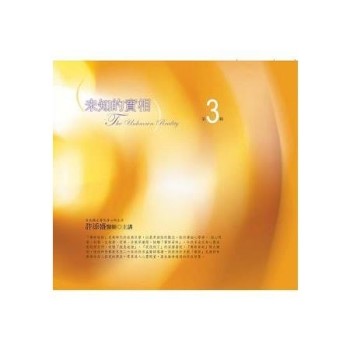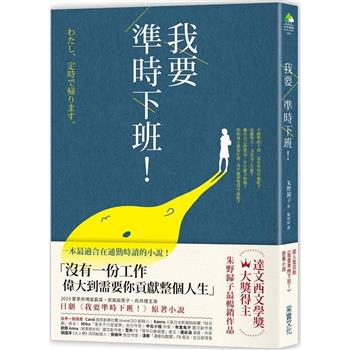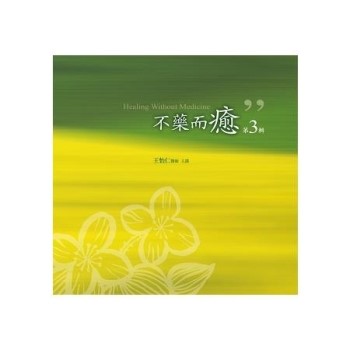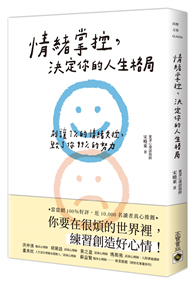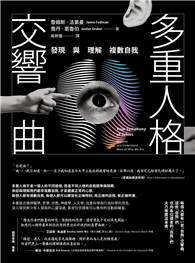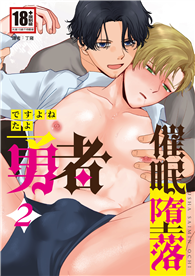This volume examines relations between the People’s Republic of China (PRC) and socialist Eastern European states during the Cold War. It contributes to the growing scholarship on East-South and intra-bloc relations from the perspective of global and transnational history.
| FindBook |
有 1 項符合
Beyond the Kremlin’s Reach?: Eastern Europe and China in the Cold War Era的圖書 |
 |
Beyond the Kremlin’s Reach?: Eastern Europe and China in the Cold War Era 出版社:Routledge 出版日期:2023-05-29 語言:英文 規格:精裝 / 128頁 / 普通級/ 初版 |
| 圖書館借閱 |
| 國家圖書館 | 全國圖書書目資訊網 | 國立公共資訊圖書館 | 電子書服務平台 | MetaCat 跨館整合查詢 |
| 臺北市立圖書館 | 新北市立圖書館 | 基隆市公共圖書館 | 桃園市立圖書館 | 新竹縣公共圖書館 |
| 苗栗縣立圖書館 | 臺中市立圖書館 | 彰化縣公共圖書館 | 南投縣文化局 | 雲林縣公共圖書館 |
| 嘉義縣圖書館 | 臺南市立圖書館 | 高雄市立圖書館 | 屏東縣公共圖書館 | 宜蘭縣公共圖書館 |
| 花蓮縣文化局 | 臺東縣文化處 |
|
|
內容簡介
作者簡介
Jan Zofka is a Research Fellow at the Leibniz-Institute for the History and Culture of Eastern Europe (GWZO) Leipzig. He specializes in the transnational history of Cold war socialist economies and is author of the articles "Chairman Cotton: Socialist Bulgaria’s cotton trade with African countries during the early Cold War (1946-70)", Journal of Global History (2021); "Technokratischer Internationalismus. Kohle-Experten der DDR der 1950er Jahre in globalgeschichtlicher Perspektive" Geschichte und Gesellschaft, 2021; and the monograph Postsowjetischer Separatismus: Die pro-russländischen Bewegungen im Dnjestr-Tal und auf der Krim (1989-1995) (2015).
Péter Vámos is a Senior Research Fellow at the Institute of History of the Research Centre for the Humanities, Hungarian Academy of Sciences and Associate Professor at Károli Gáspár University of the Reformed Church in Hungary, Budapest. His research focuses on the modern history and international relations of China, the relations between the Soviet bloc and China, and the history of Christianity in China. His publications include Magyar jezsuita misszió Kínában [Hungarian Jesuit Mission in China] (Budapest:2003); Kína mellettünk? Kínai külügyi iratok Magyarországról, 1956 [Is China with us? Chinese diplomatic records on Hungary, 1956] (2008); and Magyar-kínai kapcsolatok, 1949-1989. [Hungarian-Chinese Relations, 1949-1989] (2020).
Sören Urbansky is a Research Fellow and the Head of the Pacific Office of the German Historical Institute Washington at UC Berkeley. He is a historian of late Imperial Russian and Soviet history, interested in Russia’s place in Asia, and the intersection of its history with that of race, diaspora, and borders. Sören is the author of three monographs, including Beyond the Steppe Frontier: A History of the Sino-Russian Border (2020) and An den Ufern des Amur: Die vergessene Welt zwischen China und Russland [On the River Amur: The Forgotten Land between China and Russia] (2021).
|
